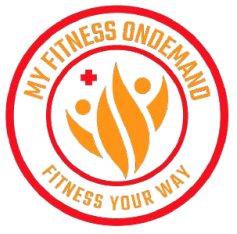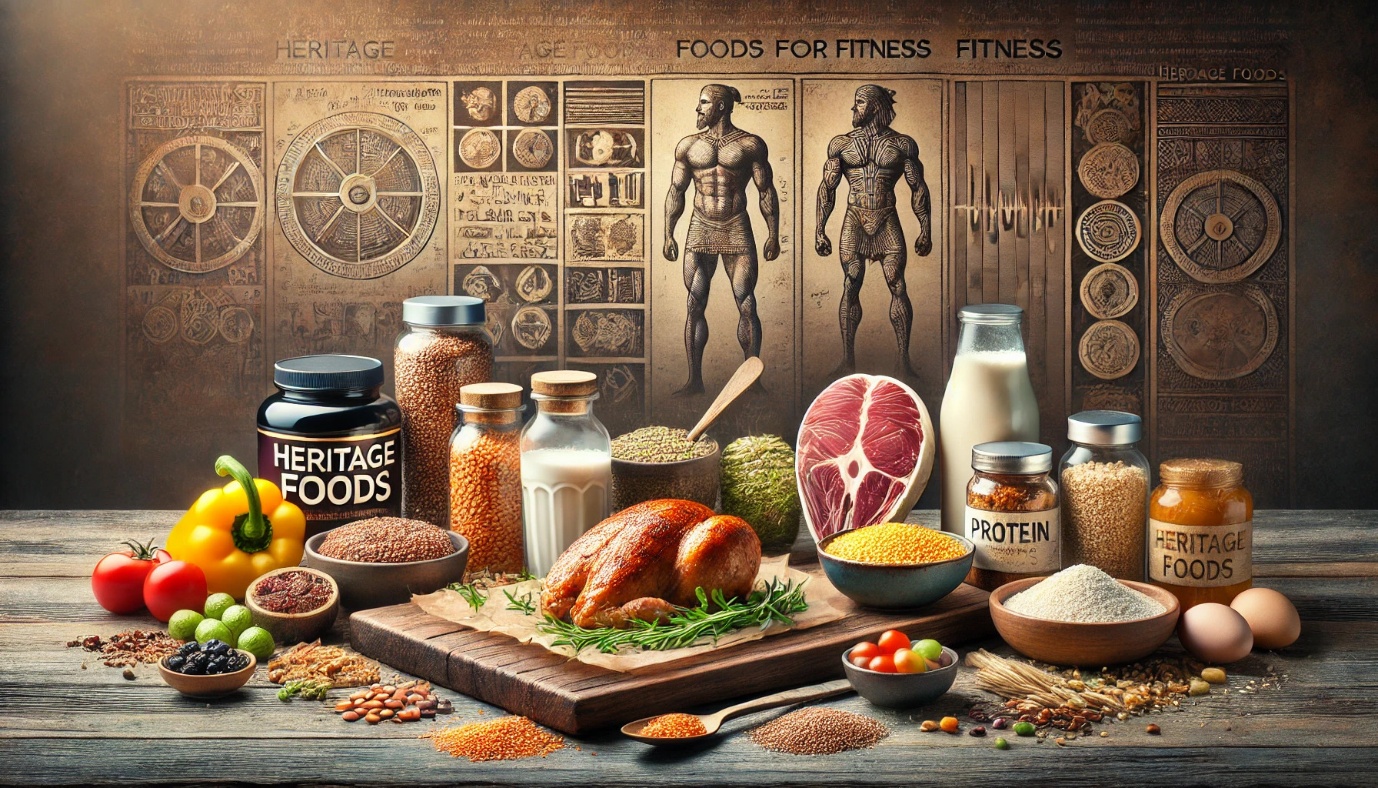Achieving fitness goals involves more than exercise– diet is essential.
If you wish to gain muscle or lose weight (or do both these things), you need to modify what you eat; it’s a strategy for success.
Below are some tips about how to tailor your meals to suit your plans!
1. Define Your Fitness Goal Clearly
Before you make any modifications to your diet, ensure that you possess a distinct and precise objective.
Ask yourself this: Do I need to shed some pounds? Develop muscle mass? Enhance endurance? Or simply strive towards overall well-being?
Having an understanding of what it is you’re trying to achieve can assist in selecting the most appropriate food types— and consuming sufficient quantities— so as to fulfill the requirements of your body.
2. Building Muscle: Focus on Protein and Caloric Surplus!
To gain muscle mass, consume ample protein with a few extra calories.
- Increase Protein Intake: Have 1.6-2.2g of protein per kg of body weight daily. Get it from lean meats, dairy, legumes or supplements– they provide what you need to repair and build muscle.
- Caloric Surplus: Just make sure you’re not burning more calories than you take in. Focus on nutrient-rich whole foods if possible when upping intake; for example– include complex carbs such as grains alongside sources high in healthy fats like nuts and avocados.
- Meal Timing: Try spacing protein intake throughout your day evenly, plus having some after workouts to aid recovery– either as a food or a shake.
3. Losing Weight: Create a Caloric Deficit with Balanced Nutrition!
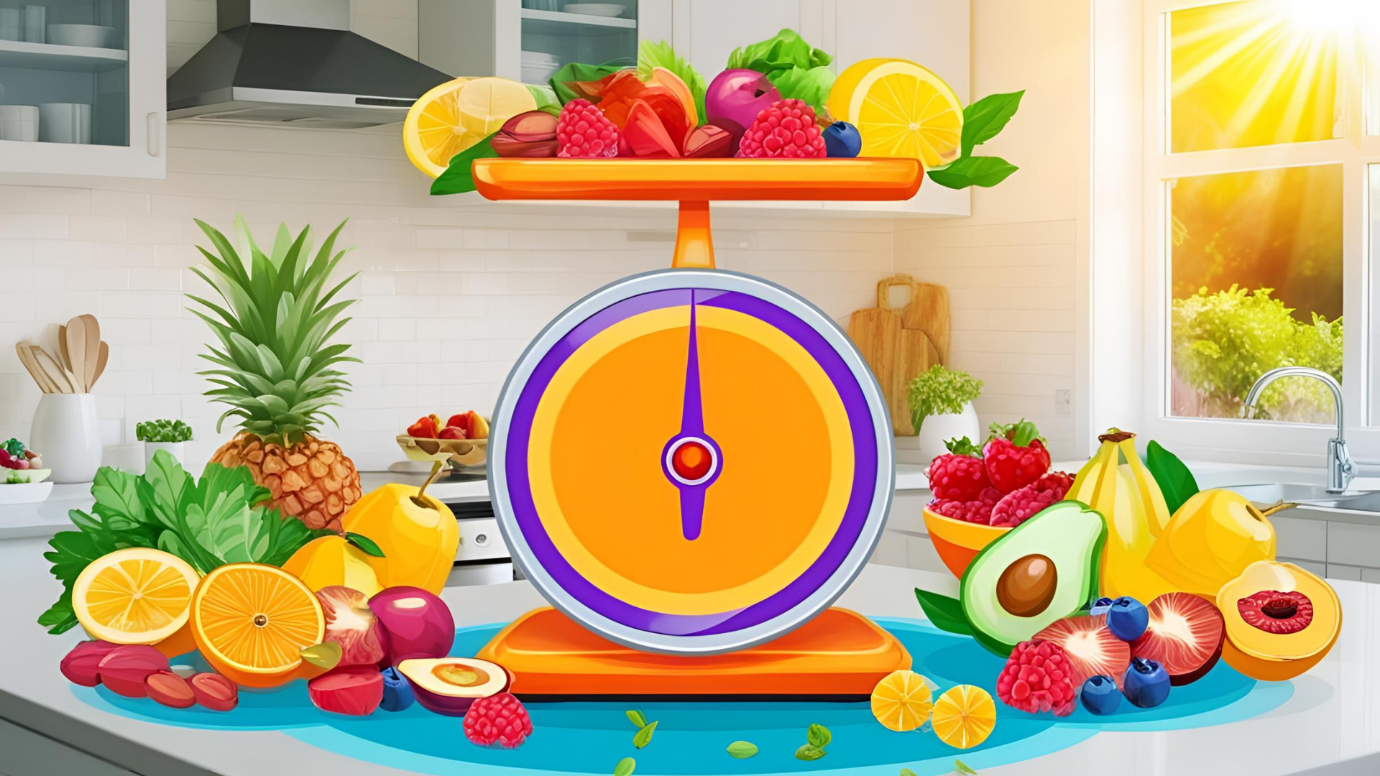
For weight loss, burn more calories than you eat– but don’t skimp on nutrients!
- Caloric Deficit: To lose ½-1kg weekly, decrease daily intake by 500-750 calories. For precision, use an app/dietician.
- High-Protein Diet: Preserve lean tissue mass with diet; include chicken, fish, tofu, legumes at meals.
- Fiber-Rich Foods: Fruits, veggies and whole grains keep you full longer– they also support healthy digestion! Plus, if overall calorie consumption is bothering you, their satiety effect can help!
- Limit Refined Carbs and Sugars: These foods may stop weight loss by causing an energy surplus: also avoid sugary drinks and soda!
4. Enhancing Endurance: Prioritize Carbohydrates and Hydration!
If you’re an endurance athlete or just want more stamina, eat foods that keep your energy levels up!
- Carbohydrate load: Have extra carbs when doing long workouts. Pasta, rice, oats and sweet potatoes are good as they top up glycogen stores.
- Get the right mix of carbs, proteins and fats: You need lots of carbs for exercise, but without some protein and fat too– your muscles won’t recover from tough sessions while healthy fats give slow-burning energy.
- Don’t forget to drink enough fluids: Being well-hydrated is crucial if you want to perform well at endurance sports. Drink plenty of water throughout the day. If it’s been a while since your last meal or snack (or you’re about to exercise again soon): consider having something with electrolytes in it as well!
5. Improving Overall Health: Embrace a Balanced and Nutrient-Dense Diet!
For optimal health, consume a range of foods to support bodily functioning:
- Get a mix of fruits, veggies, whole grains, lean proteins and healthy fats daily for essential vitamins & minerals.
- Support brain health and reduce inflammation with meals that contain olive oil, nuts, seeds or fatty fish.
- Limit intake of sugary or highly processed foods as they may promote long-term inflammation— linked to chronic disease.
- Stay in tune with your body: Practice mindful eating, control portion sizes and address true hunger levels to maintain healthy habits!
6. Customize Your Diet to Your Lifestyle
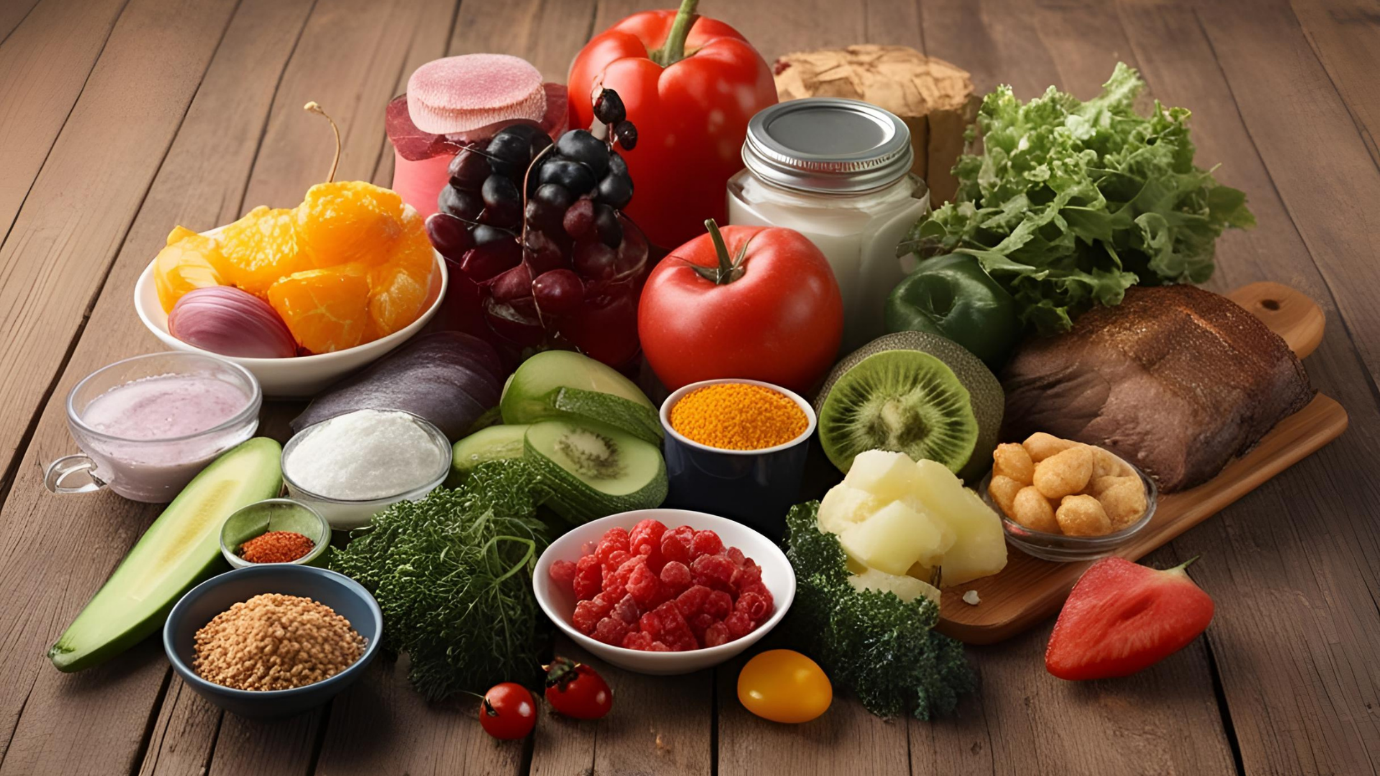
Let your daily habits, likes and dislikes, and any food no-no’s shape your nutrition strategy:
- Plan your meals ahead of time: This will help you resist the temptation of choosing unhealthy options because good-for-you foods will be conveniently available.
- Be flexible: Enjoy an occasional treat so you don’t feel deprived– deprivation can lead to bingeing.
- Adjust to changes: When you change your workout goals, modify your diet too. If you switch from building muscle to shedding fat (or vice versa), you’ll need to adjust how many calories you eat as well as their distribution throughout the day.
7. Monitor and Adjust Your Progress
Keeping in contact regarding your diet and progress isn’t just helpful— it also aids in keeping you dedicated and allows for necessary tweaks.
Additionally, regular check-ins may further boost motivation.
- Take notes: Jotting down everything you consume can heighten awareness around eating patterns— both good and bad.
- Monitor how you feel post-meal: Energy levels, exercise performance/recovery are key indicators. They may offer insight as to whether an eating plan is functioning as intended.
- Consult a professional: Registered dietitians or nutritionists can offer personalized pointers plus adjustments that fit your objectives/challenges. Even elite athletes tap these pros to bring their A-game up a notch!
8. Supplement Wisely
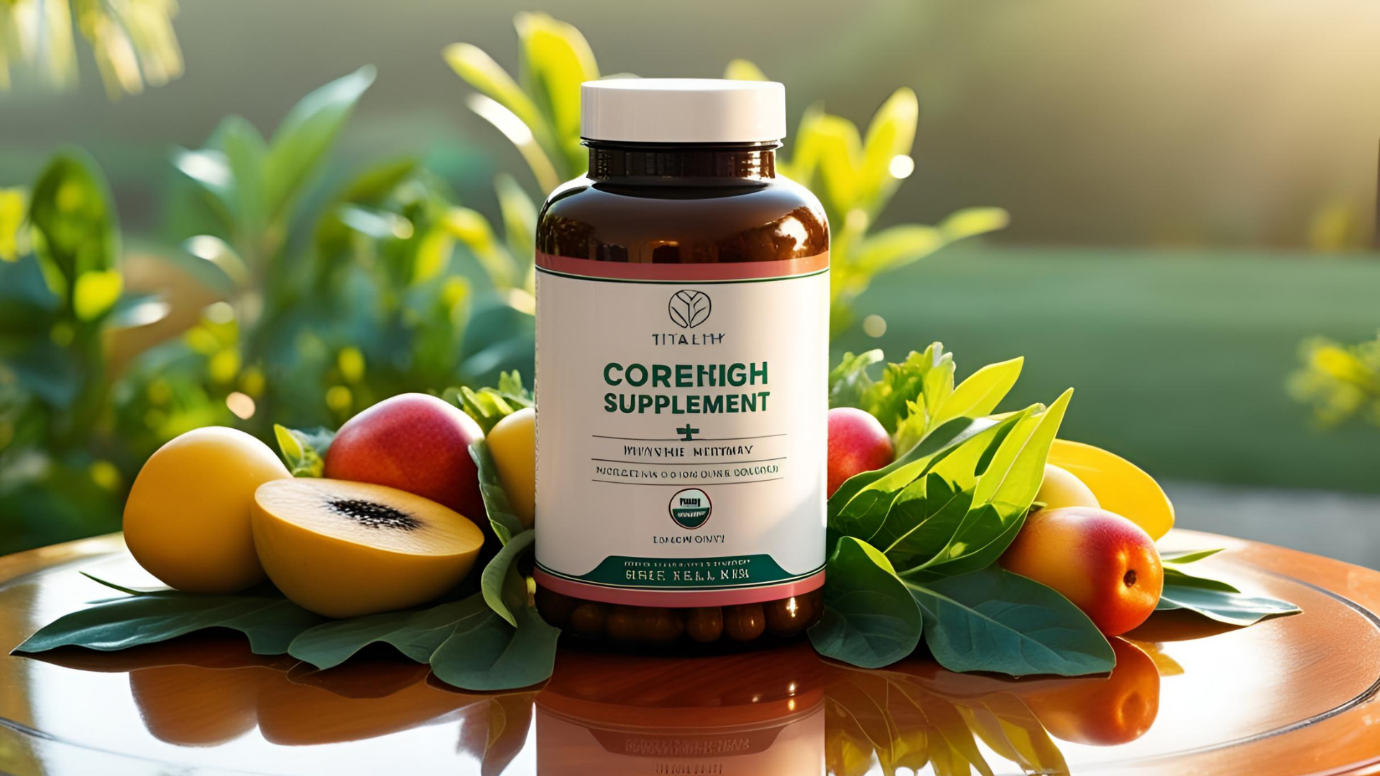
Even though your diet should mainly consist of whole foods, supplements can be helpful if you need extra support.
- Protein Supplements: These come in handy when you want to reach your daily protein goal– for example after exercising.
- Vitamins and Minerals: Think about taking these if you are following an intense fitness regime or if you’re low in a certain nutrient or it has higher needs than usual.
- Creatine and BCAAs: Both can assist with muscle recovery (when muscles are repairing and growing) as well as exercise performance; however, don’t see them as a quick fix– so still make sure your overall diet is sensible.
9. Listen to Your Body
The way your body feels can tell you if your diet is helping you reach your fitness goals!
- Energy: If you’re always tired, you may need more calories or specific nutrients.
- Muscles: Sore long after a workout? You might not have eaten enough protein for recovery.
- Mental Well-being: A proper diet is essential for mental health. Bad nutrition can make you feel moody and stop you being as motivated as usual.
10. Stay Consistent and Patient
Making changes to your diet needs time before you see a difference.
If you want to deal with problems that come up as you get fitter, it’s really important to keep going even when things feel hard– and be patient!
- Set Realistic Goals: To help stay determined, break your main goal down into smaller targets that you know you can meet.
- Say Well Done To Yourself: Give yourself a treat when you reach any target– this will help you keep behaving in a positive way.
- Keep Learning: Find out more and more about exercise and eating well. This will help you make good choices; it can also be fun to see how much you already know!
Final Thoughts
Matching your diet with your fitness goals is an ongoing procedure that needs clarity, planning, and flexibility.
If you know what you want and use specific nutritional techniques, you can fuel your body effectively to gain muscle, shed fat, boost endurance or improve health overall.
Stay dedicated, pay attention to how you feel, and tweak your diet as obstacles arise to enjoy long-lasting success!
